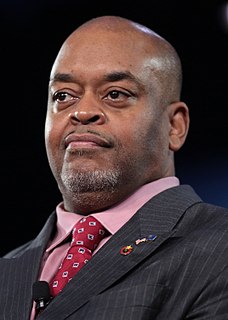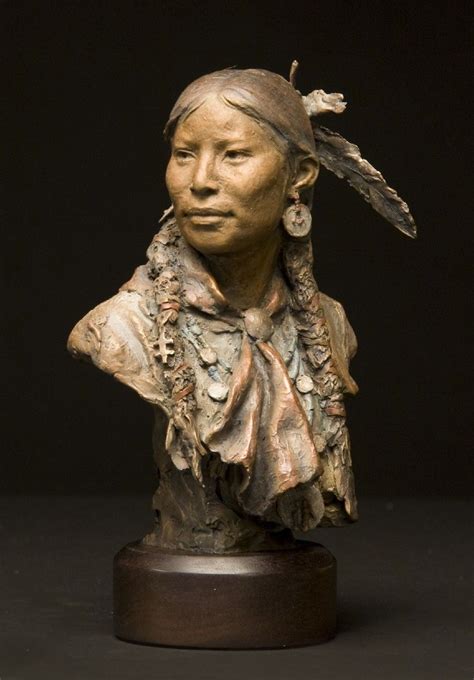A Quote by Drew Gilpin Faust
Probably half the cases of Civil War dead were not identified. And so there was no way to let loved ones know, and there were no regularized processes in either Northern or Southern Army for notifying next of kin.
Related Quotes
Before the Civil War, there were no national cemeteries, no processes for identifying the dead in the battle. There weren't any dog tags, and there was no next-of-kin notification. You didn't necessarily even hear what the fate of your loved ones had been. It was up to their comrades to write and inform you.
Thus these three amendments to the Constitution [13th, 14th, 15th] were ratified while the ten Southern states were under martial law, and "had no law at all." The Force Acts, the four Reconstruction Acts, and the Civil Rights Act were all passed by Congress while the Southern states were not allowed to hold free elections, and all voters were under close supervision by federal troops. Even Soviet Russia has never staged such mockeries of the election procedures.
Now that I've seen what war is, what civil war is, I know that everybody, if one day it should end, ought to ask himself: "And what shall we make of the fallen? Why are they dead?" I wouldn't know what to say. Not now, at any rate. Nor does it seem to me that the others know. Perhaps only dead know, and only for them is the war really over.
There were 315,000 slave owners in the Union Army (with 200,000 in the Confederate Army) and the men who walked away from the Union Army were adamantly opposed to freeing slaves. We cite these facts and recorded statistics to point out that the principal cause of the war was not the issue of slavery.





































